FLEAT continues to inspire
- Published:
Our FLEAT programme is forging ahead with the third advocacy training having just taken place in Zimbabwe from the 28th September – 2nd October.
The theme of the meeting was “Living in Harmony with Nature”. FLEAT members shared the activities in which they had been involved since the last training in Zambia which ranged from expanding afforestation to sustainable agriculture, presenting in Parliament and looking at multi-faith partnerships in their countries.
Next the FLEAT workshop looked at eco-theology – this time reflecting on what the different faiths teach about our relationship and responsibility towards the rest of the web of life. Tozie Zokufa from One Web of Life (OWL) then shared his story of how he went from being a meat and hygiene inspector to becoming an advocate for animal rights. Participants were touched by the plight of factory farmed animals and inspired to advocate for more compassion towards animals.
More input on successful advocacy practices were given, and participants gave useful input on their experiences of doing advocacy. Dr Bongani Ncube, Ibrahim from the Fatima Zaahra School and Peter Morris gave insight into local Zimbabwean environmental challenges, water management and water infrastructure.
The workshop closed off with an invitation to the Fatima Zaahra School for a whole day programme on climate change and living in harmony with nature. The day included drama, poetry and speeches, as well as a tree planting ceremony.
As we continue to be inspired by our FLEAT members and the work they are doing, we would like to introduce the second half of our FLEAT team and what motivated them to join this programme.
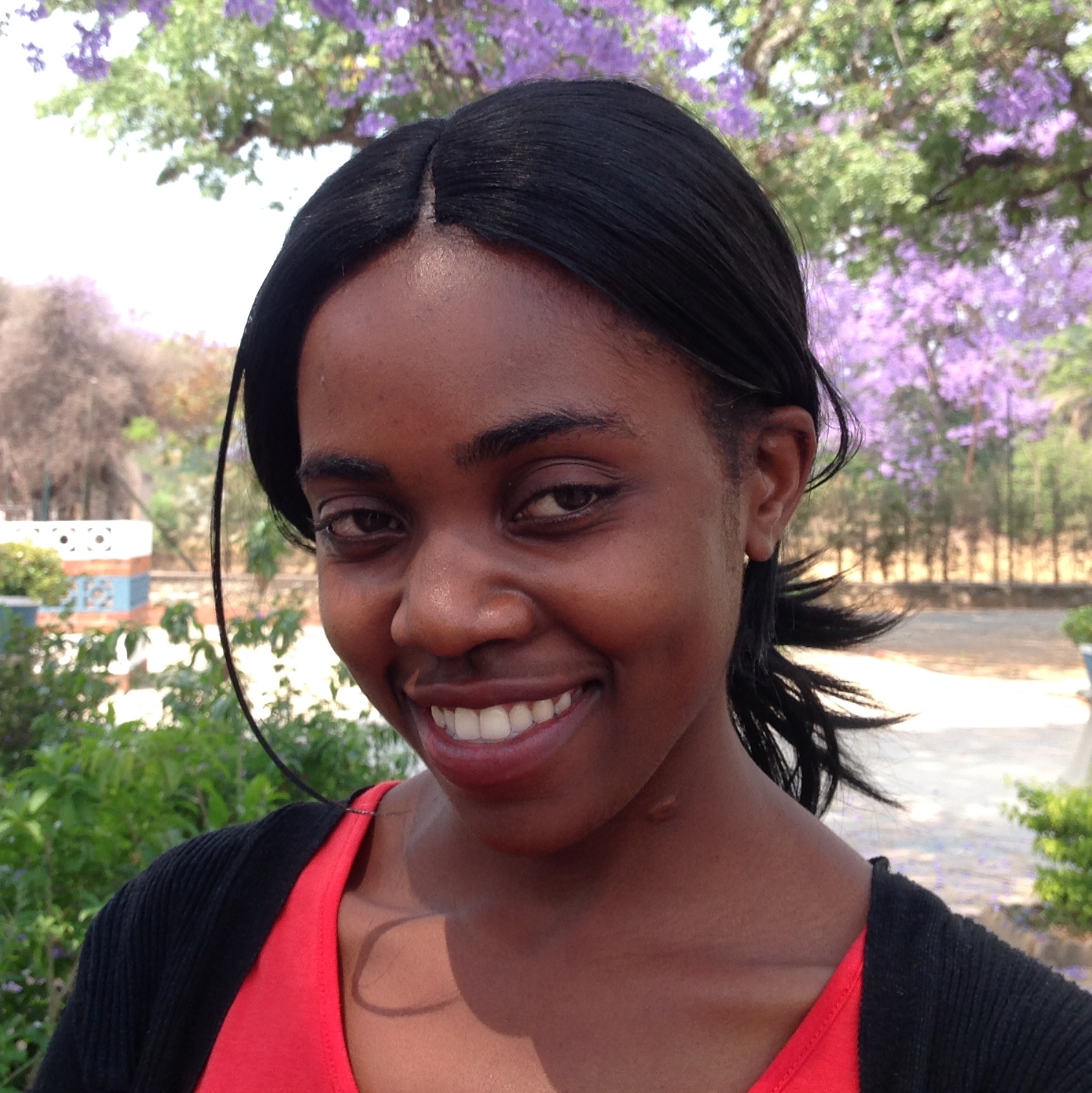 Agnes Shikabi from Zambia is the Country Director (Zambia) for the Catholic Youth Network for Environmental Sustainability in Africa (CYNESA).
Agnes Shikabi from Zambia is the Country Director (Zambia) for the Catholic Youth Network for Environmental Sustainability in Africa (CYNESA).
“I come from a low-income community where the majority of people have no formal education and consequently few or no individuals have taken an interest in environmental related issues like pollution, deforestation or charcoal burning. Having had an opportunity to attend [FLEAT], I see lots of room in me to go back to my community and bring awareness of their environment degrading processes and how it affects them in the long run.”
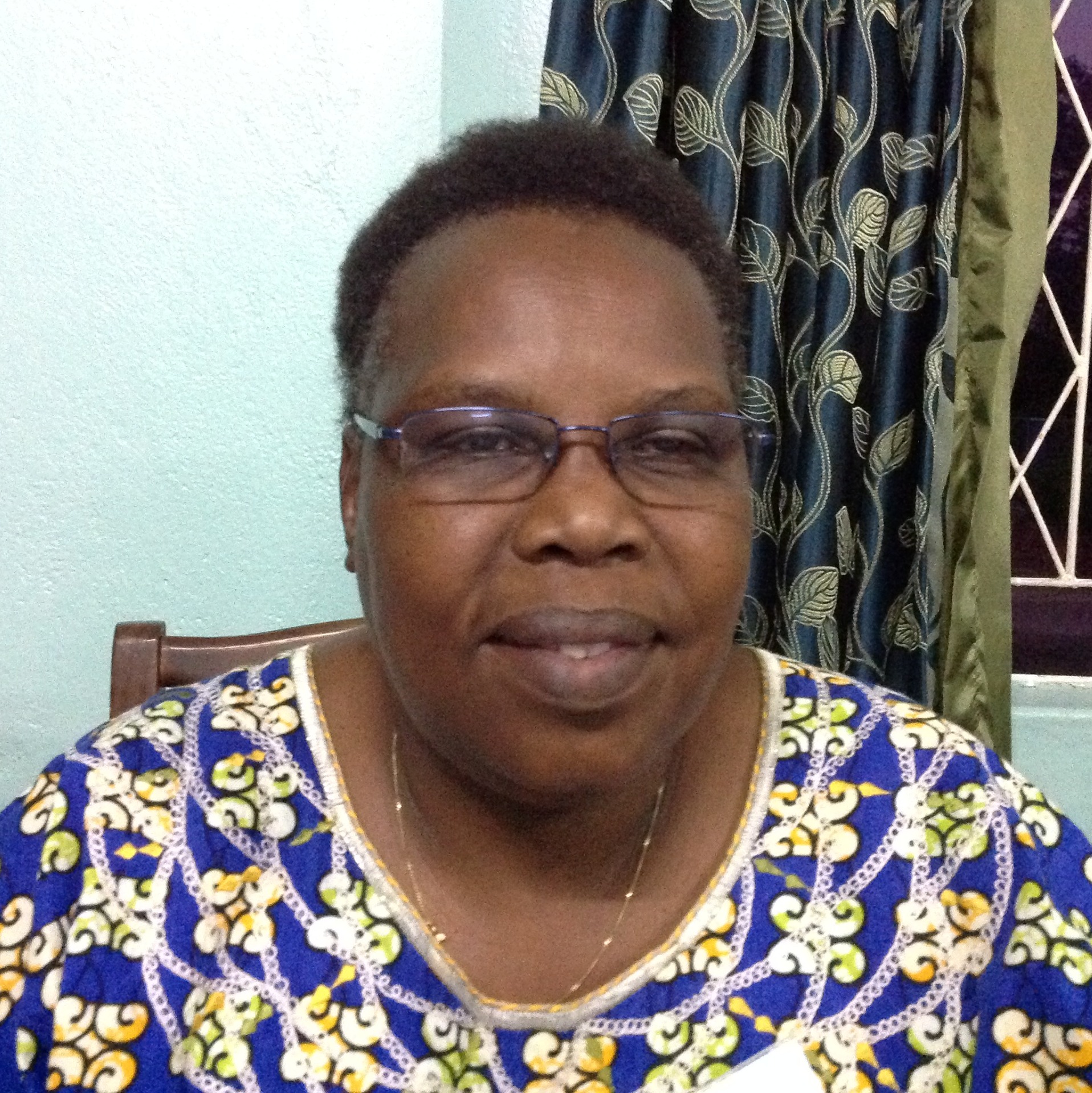 Rev. Felicidade Chirinda, a Presbyterian from Mozambique has been involved in tree planting initiatives and workshops on climate change with young people and women. She is the Executive Director for Scripture Union and the founder and coordinator for Wansati Pfuka Association, meaning "Woman Arise". She teaches Practical Theology and is an activist for peace in Mozambique.
Rev. Felicidade Chirinda, a Presbyterian from Mozambique has been involved in tree planting initiatives and workshops on climate change with young people and women. She is the Executive Director for Scripture Union and the founder and coordinator for Wansati Pfuka Association, meaning "Woman Arise". She teaches Practical Theology and is an activist for peace in Mozambique.
“[I have been made] aware that people need to be spiritually, ethically and morally educated on environment protection. They also need to be helped on how to live in a sustainable way so as to maintain an ecologically balanced eco-system.”
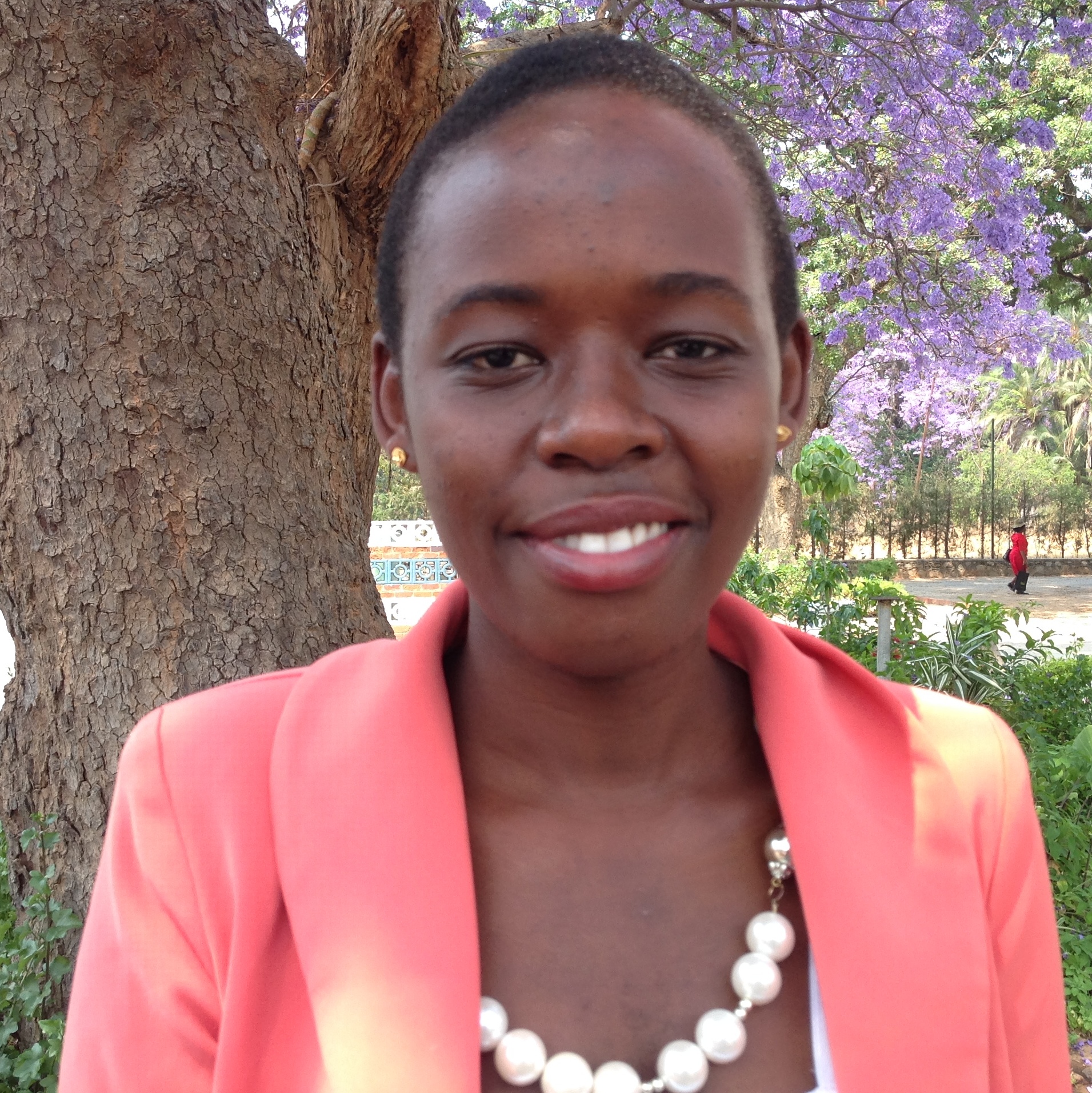 Lilian Samson, a Roman Catholic from Tanzania, is also working with CYNESA in the Tanzanian branch. She educates youth on environmental law and environmental conservation, as well as being part of organising activities around the protection of the environment.
Lilian Samson, a Roman Catholic from Tanzania, is also working with CYNESA in the Tanzanian branch. She educates youth on environmental law and environmental conservation, as well as being part of organising activities around the protection of the environment.
“As a leader I am responsible to make sure sustainable development is attained to some extent in my society, through the knowledge and skills provided by the [FLEAT] training.”
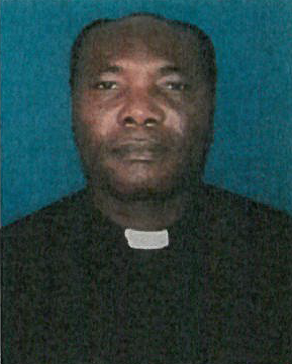
Rev. William Kopwe is a Lutheran from Tanzania and works as a Programmes Officer for Interfaith and Ecumenism of the Christian Council of Tanzania.
“Climate change and environmental degradation is a reality in Tanzania. The country has witnessed several things which prove this state of affairs, such as irregular rainfall and sometimes complete drought in some seasons. To combat the problem all stakeholders in the country must take part. Faith leaders, whom I meet regularly and influence in the country, are very important [in] this case.”
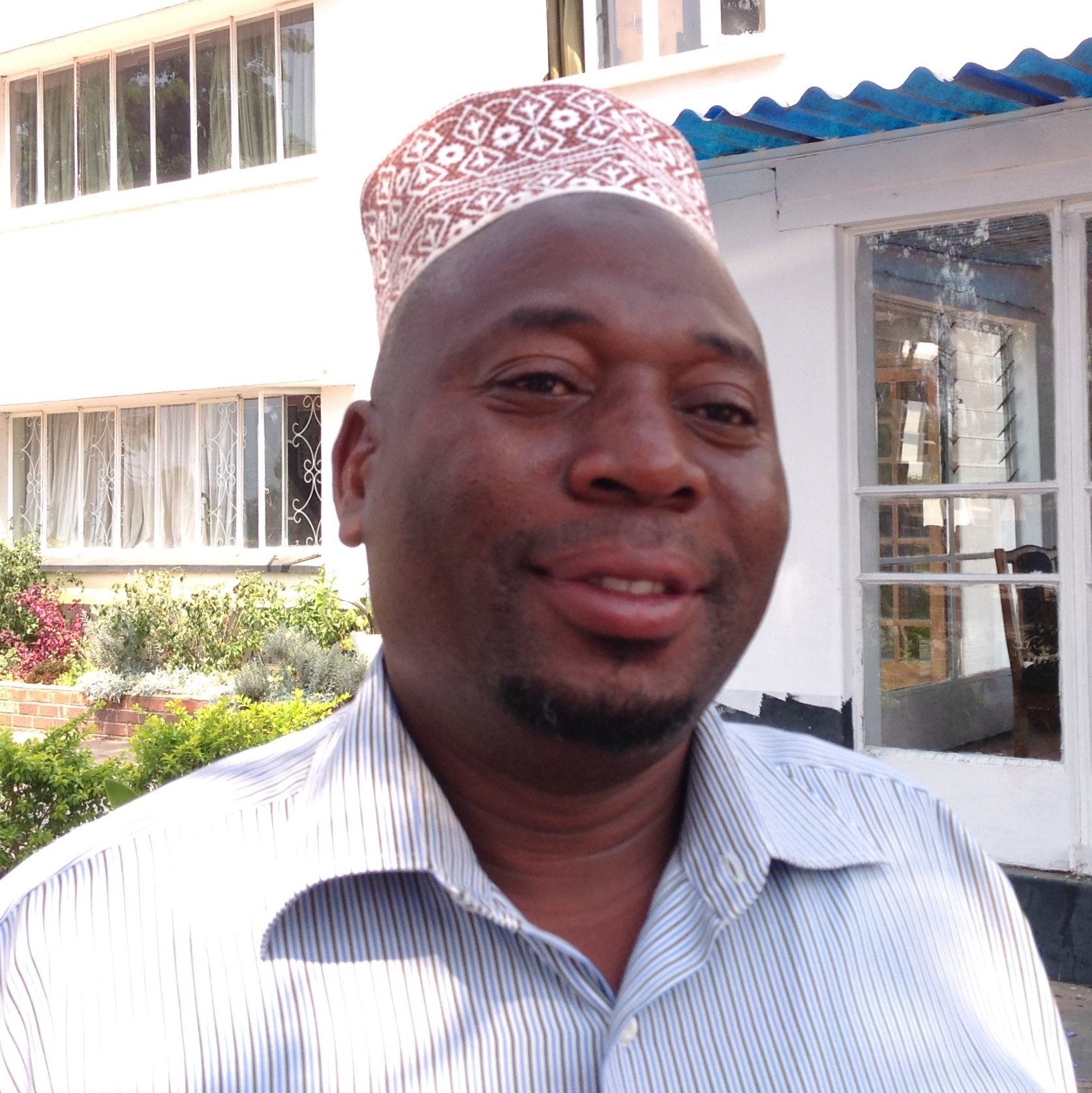 Sheikh Qassim Chikwakwa is a Muslim from Malawi and is the Chair Person of Save Our Environment Group as well as a SAFCEI ambassador.
Sheikh Qassim Chikwakwa is a Muslim from Malawi and is the Chair Person of Save Our Environment Group as well as a SAFCEI ambassador.
“I have the passion to be an Eco-Preacher…I will vigorously advocate for the conservation of the environment especially in faith groups and the youths who constitute a larger percentage of our population. Currently I am working with several youth groups and different communities in the area of water and electricity auditing, waste management, afforestation and land management.”
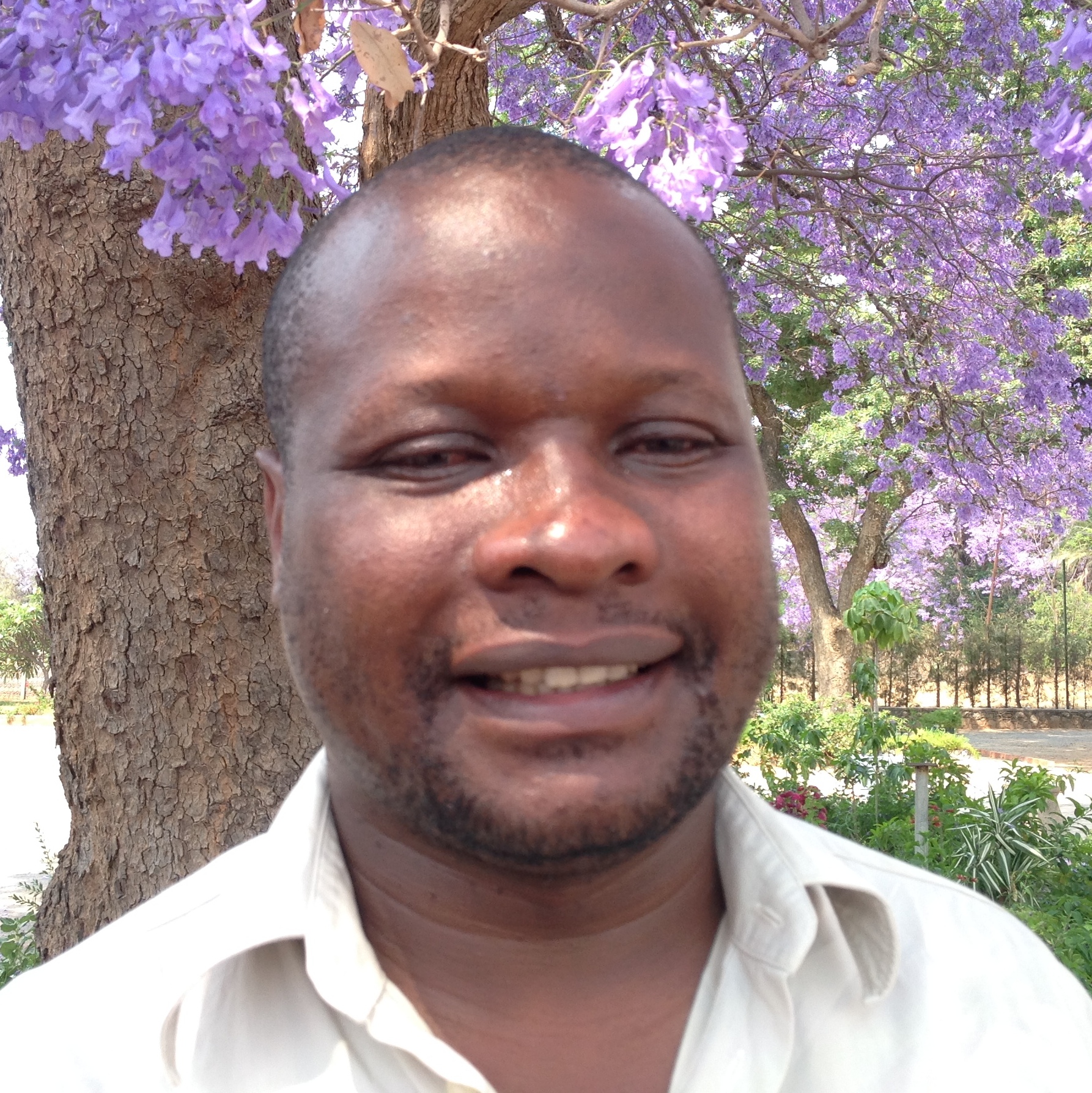 Rev. Elisa Mrutu from Tanzania is a Lutheran. He is the Managing Director of Hope for Tanzania, is working towards a PhD in Development Studies and preaches at the Evangelical Lutheran Church in the Same Diocese. He is a member of the Climate Change Network in Tanzania, Civil Society in Tanzania, Renewable Energy Africa and Green Directory Africa.
Rev. Elisa Mrutu from Tanzania is a Lutheran. He is the Managing Director of Hope for Tanzania, is working towards a PhD in Development Studies and preaches at the Evangelical Lutheran Church in the Same Diocese. He is a member of the Climate Change Network in Tanzania, Civil Society in Tanzania, Renewable Energy Africa and Green Directory Africa.
“In all religions whether Christian, Muslim, Hindu or African traditional religion all know that the world was created by God and God gave us the environment so we [are] supposed to protect the environment in order to live better lives…[It] is the responsibility of the religious or faith based organisation to make sure they [do] advocacy [for] and protect the environment [as] religious leaders…are so influential.”
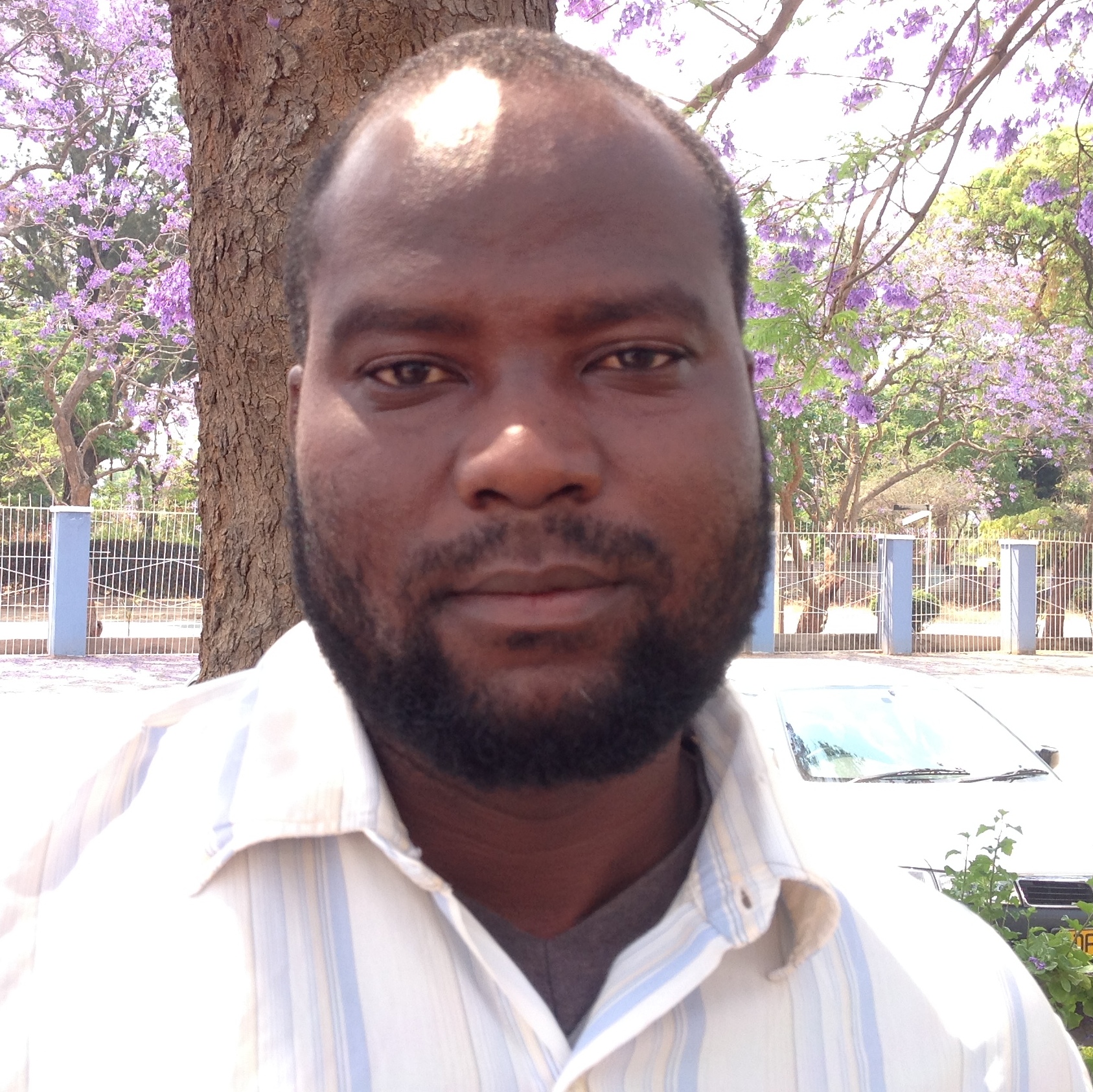 Sheikh Ismail Hamdan Muhammad is from Malawi and preaches at the Zomba Islamic Centre where he tries to link care for the environment with Islamic teachings. He was chosen to attend the Emerging Leaders Multi-Faith Climate Convergence that took place in Rome on 27th June – 1 July 2015.
Sheikh Ismail Hamdan Muhammad is from Malawi and preaches at the Zomba Islamic Centre where he tries to link care for the environment with Islamic teachings. He was chosen to attend the Emerging Leaders Multi-Faith Climate Convergence that took place in Rome on 27th June – 1 July 2015.
“I am a chairperson of the Zomba Islamic Environment Committee, a grouping which looks [at the] protection of environment and enhancing tree planting initiatives at district level. I have a desire to participate in Faith Leaders Environment Advocacy Training with SAFCEI for the following reasons: To advance my knowledge on preaching and raising awareness in regard to [the] environment, to get and share experiences on effective and efficient ways of protecting [the] environment and restoring creation.”
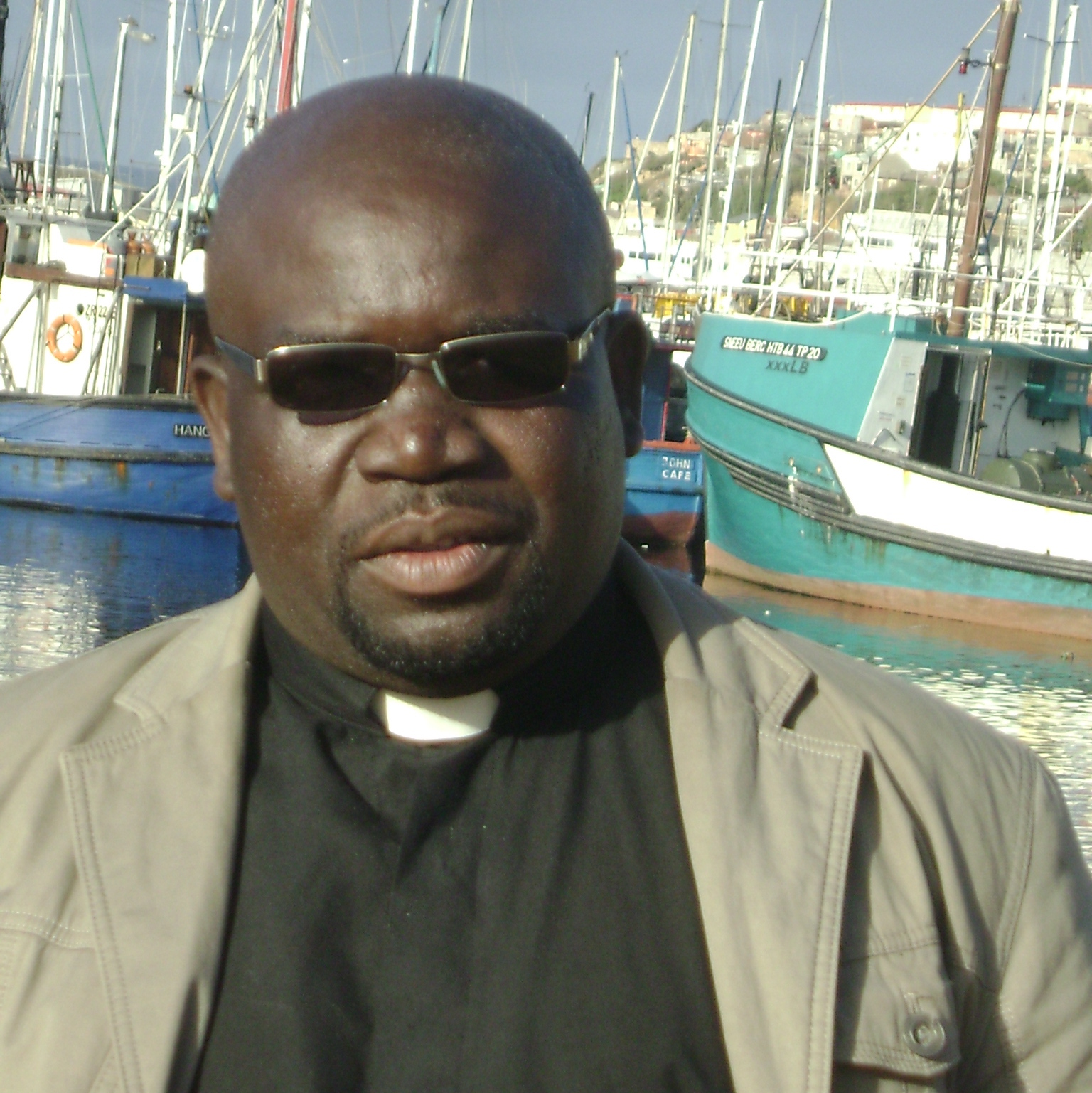 Rev. Ishanesu Gusha is an Anglican from Zimbabwe who has been very active in getting environmentalism on the agenda at the diocese of Harare. He has been involved in tree planting initiatives, clean-up campaigns and advocating for green church clubs. He is also the Executive Director of the Southern African Interfaith and Peace Academy (SAIPA).
Rev. Ishanesu Gusha is an Anglican from Zimbabwe who has been very active in getting environmentalism on the agenda at the diocese of Harare. He has been involved in tree planting initiatives, clean-up campaigns and advocating for green church clubs. He is also the Executive Director of the Southern African Interfaith and Peace Academy (SAIPA).
“The subject of environment is of paramount importance to me as a clergyman serving in the church of God. For many years the faith communities have ignored environmental issues and left them to non-governmental organisations. However, in the Anglican Church we have realised that mission is incomplete without addressing environmental issues, hence our fifth mark of mission reads: safeguarding the integrity of creation. It is within this context that I have developed [a] passion for…environment work and in the diocese I am working with the chaplain of the environment desk.”
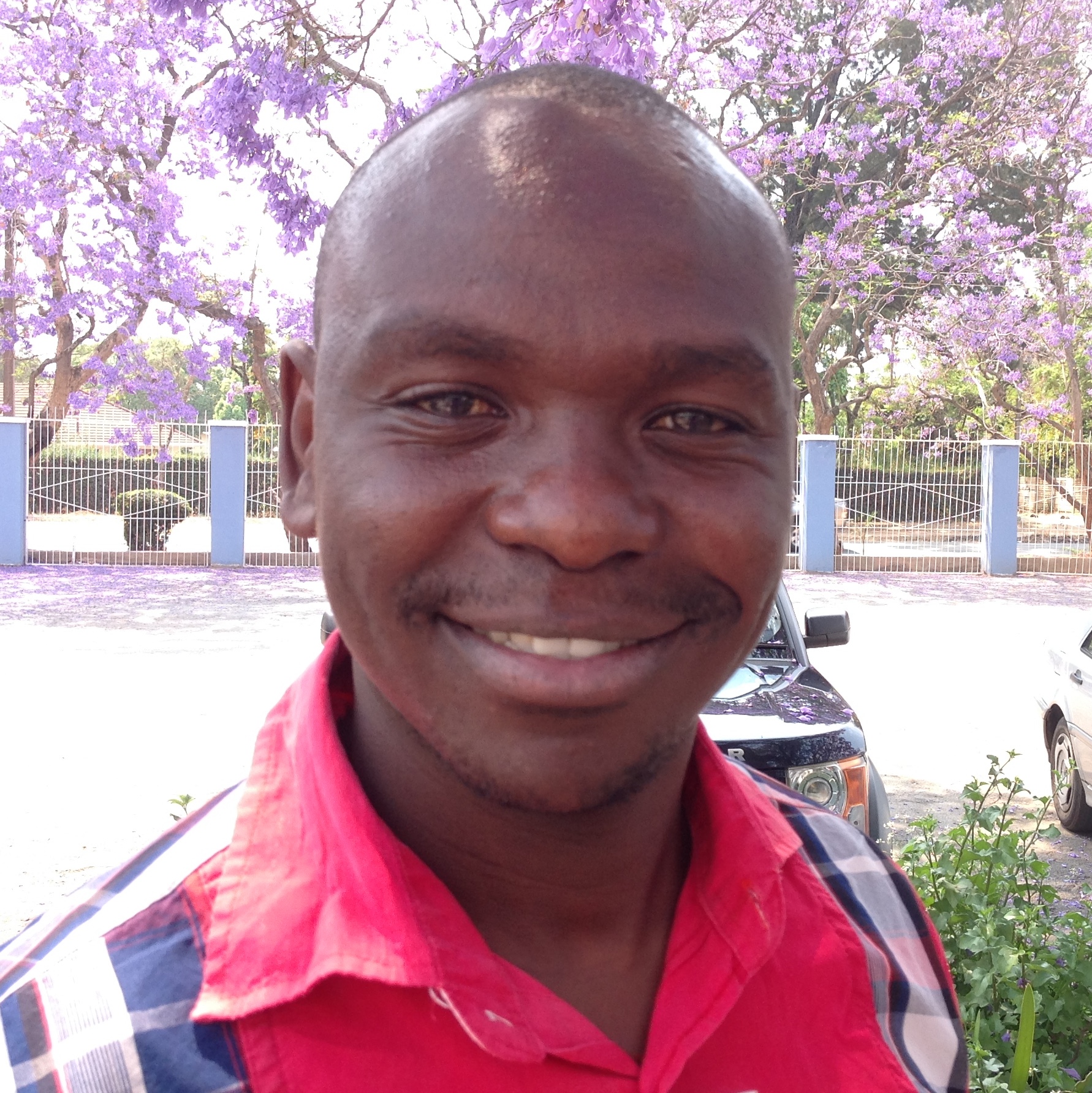 Kelly Ngeti is from Kenya and a Catholic who is involved in developing a tree-planting project. He has been a youth leader in several capacities – also on a national level, being part of MAGiS – as well as a community leader. He is a core member and coast region coordinator for the Catholic Youth Network for Environmental Sustainability in Africa (CYNESA).
Kelly Ngeti is from Kenya and a Catholic who is involved in developing a tree-planting project. He has been a youth leader in several capacities – also on a national level, being part of MAGiS – as well as a community leader. He is a core member and coast region coordinator for the Catholic Youth Network for Environmental Sustainability in Africa (CYNESA).
“Environmental protection is one thing I have realised we have no choice but to be involved in as it’s also a command from God…[FLEAT] will be put into use in approaching government systems to continuously be conscious of the environment, pointing out what they are doing wrong [and to] continuously disseminate environmentally friendly messages and activities to the public.”
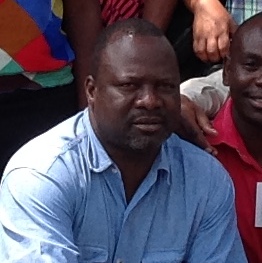 Andrew Gwambe is a Baptist who hails from Malawi and is the Programme Manager for the Baptist Development Service. He has done much work in sustainable farming and served as a member on the Organic Farming National Task Force.
Andrew Gwambe is a Baptist who hails from Malawi and is the Programme Manager for the Baptist Development Service. He has done much work in sustainable farming and served as a member on the Organic Farming National Task Force.
“My village was surrounded by small hills and beautiful trees and grass. There was a perennial river across the middle of the village. Trees were in large numbers and the soils were fertile and produced bumper crops. I learnt to appreciate the environment and developed [a] passion for nature.
I will use my position…as a platform to reach out to many faith leaders and communities. Youth and women groups shall be targeted to become change ambassadors while faith leaders shall become change makers.”
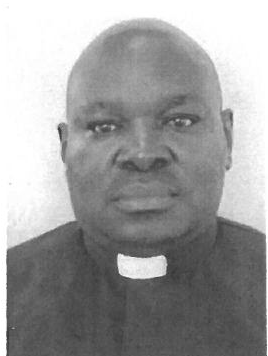 Rev. Amos Kamugisha Mushendwa is a Christian pastor from Kenya; he is the Regional Secretary for the World Student Christian Federation (WSCF). His work with youth and communities has taken him to many countries and brought him into contact with many international and ecumenical organisations.
Rev. Amos Kamugisha Mushendwa is a Christian pastor from Kenya; he is the Regional Secretary for the World Student Christian Federation (WSCF). His work with youth and communities has taken him to many countries and brought him into contact with many international and ecumenical organisations.
“We have to rediscover the African Theology where our fathers and forefathers linked [the] environment with God’s presence…they believed that God was present in trees, water, rivers, lakes, sea, mountains, food, so they highly respected where God lived. To me this is a very positive faith if given meaning and explanations, you see when the next generations thought they were educated and civilised they abandoned this philosophy. Destruction started and God ran away from trees cut, rivers destructed; that is why we are suffering. We need to bring God back to his presence for the life to be enjoyable as God intended during creation.”
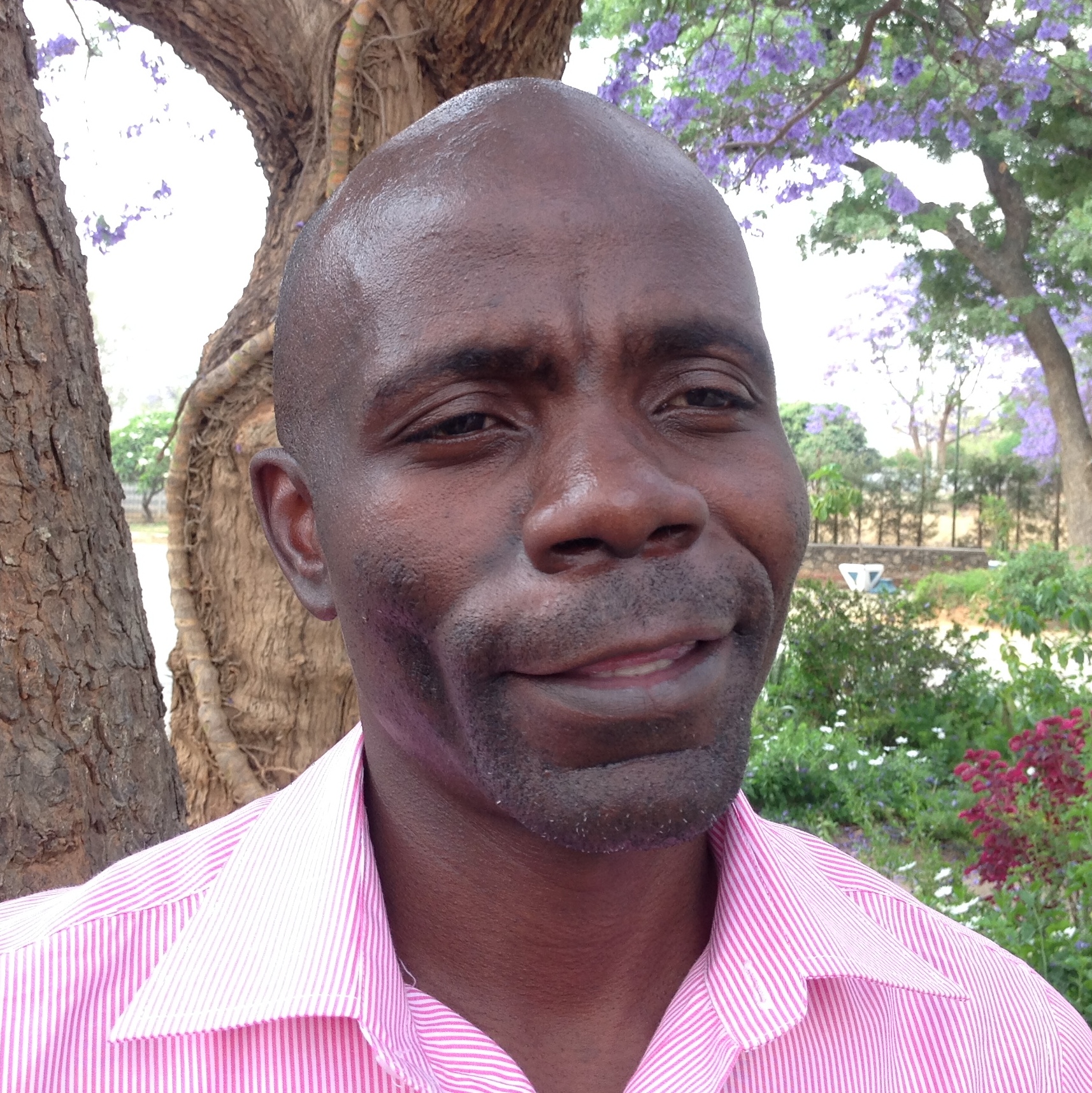 Rev. Jacob Manda, a Presbyterian from Zambia is presently serving at the Grace Presbyterian Church Livingstone. He has worked as a leader in various portfolios of the Church.
Rev. Jacob Manda, a Presbyterian from Zambia is presently serving at the Grace Presbyterian Church Livingstone. He has worked as a leader in various portfolios of the Church.
“This [is] a call for all religious groupings and non-faith based organisations to unite for the redemption of our environment, because any destruction to the environment affects everyone. The motivation is my long time passion of wanting to see an environment free from abuse. I know God to be the first environmentalist who has ever existed especially when I read Creation theology.”
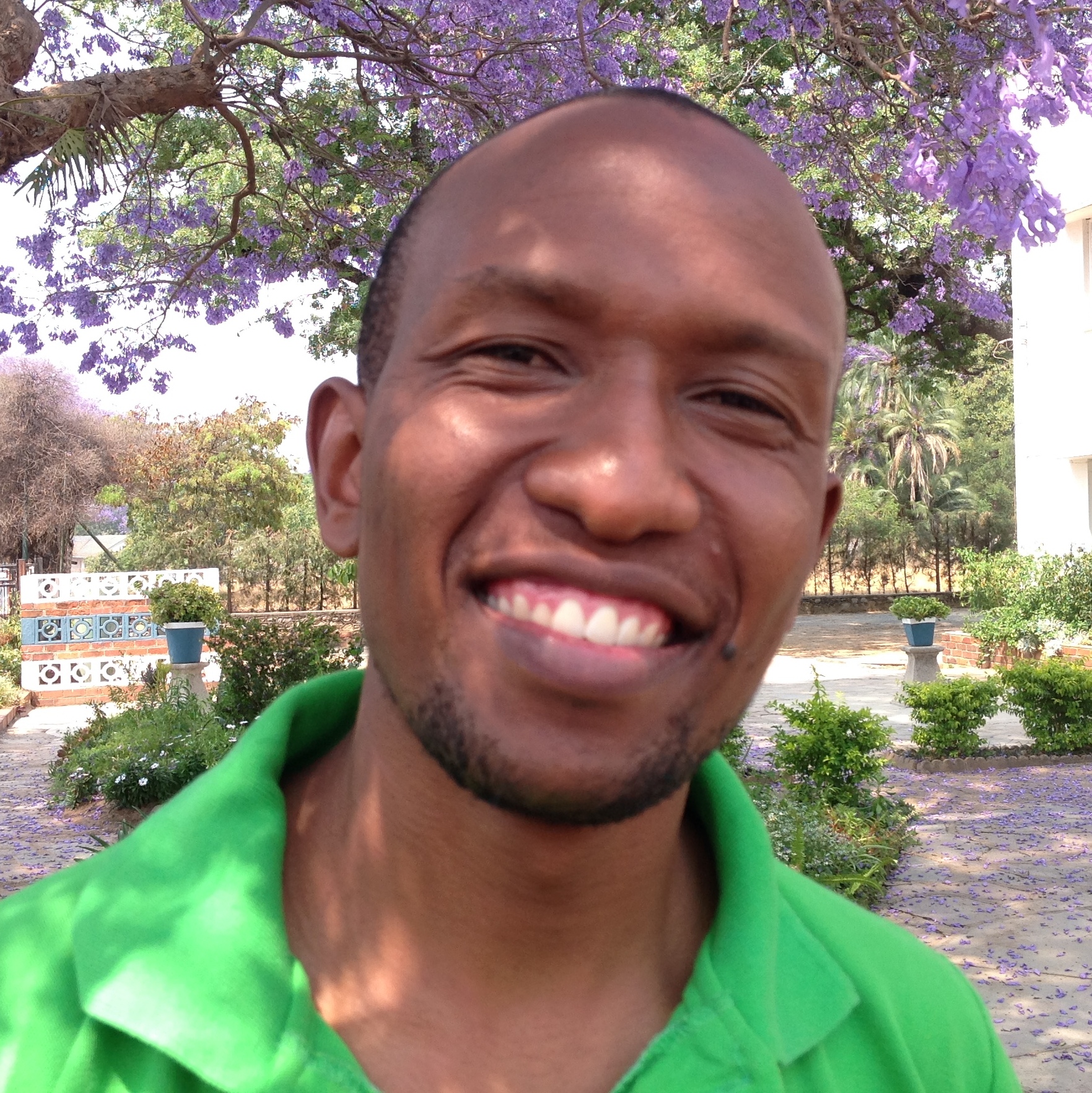 David Munene is from Kenya and is Catholic; he is the Programmes Manager at the Catholic Youth Network for Environmental Sustainability (CYNESA) in Kenya. At the moment he is working to develop a climate change toolkit informed by science, Ignatian Spirituality and Catholic social teaching for youth in Jesuit institutions.
David Munene is from Kenya and is Catholic; he is the Programmes Manager at the Catholic Youth Network for Environmental Sustainability (CYNESA) in Kenya. At the moment he is working to develop a climate change toolkit informed by science, Ignatian Spirituality and Catholic social teaching for youth in Jesuit institutions.
“I am convinced that my participation at FLEAT will assist me in developing a larger network with a more global reach that will help promote environmental advocacy from a leadership, yet youthful, perspective. The development of such networking and advocacy is aligned with [CYNESA’s] objectives to ensure that environmental justice is achieved by different organisations and individuals that journey towards this course.
I will also use my passion for poetry to encourage members of my poetry group to enter into conversations on environmental advocacy.”
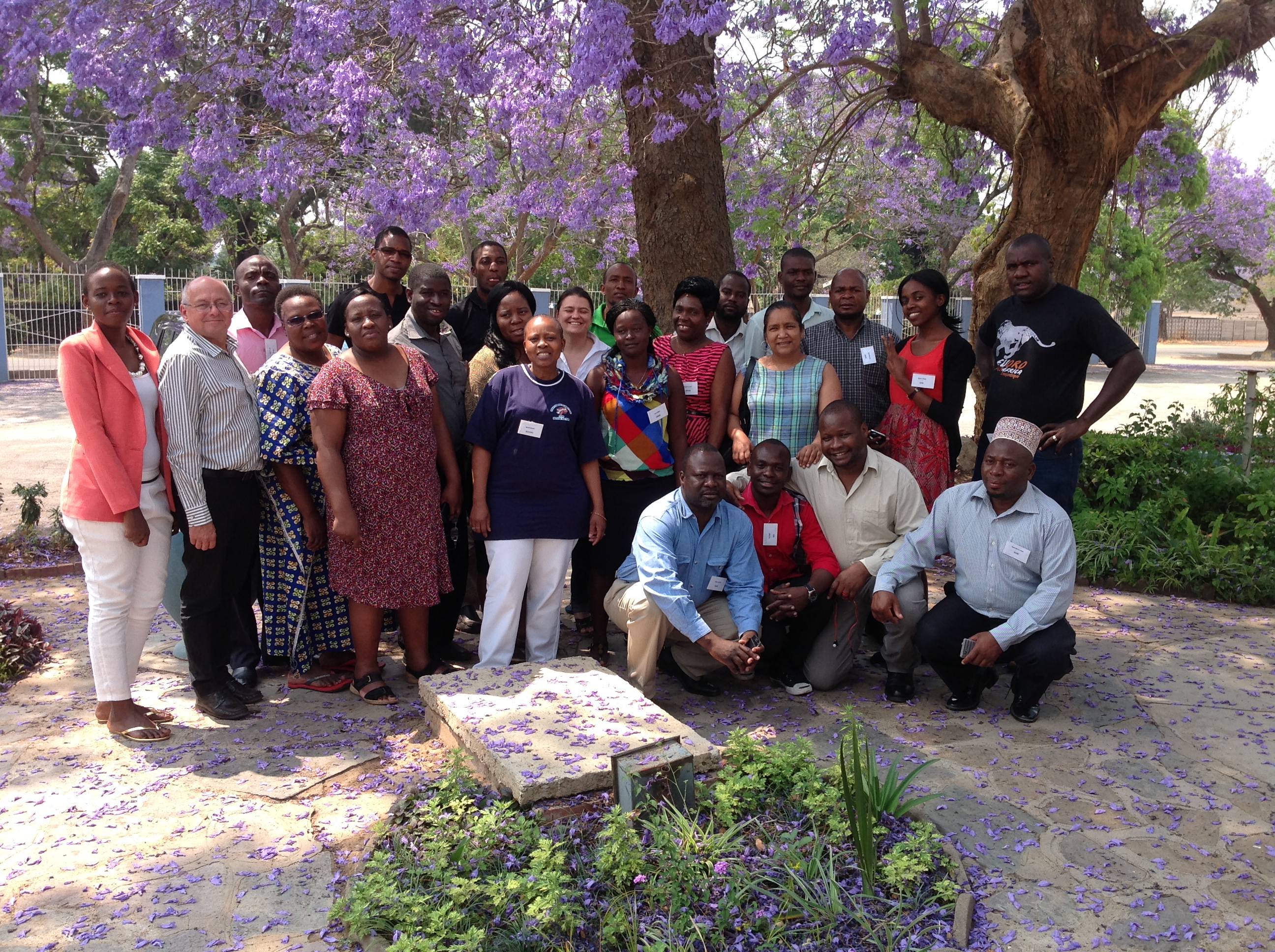 The FLEAT team in Zimbabwe.
The FLEAT team in Zimbabwe.
SAFCEI would like to extend a big thanks to Mandireva who put the programme together for the Fatima Zaahra event (getting 4 different schools to participate and inviting the Environmental Management Agency and the Iranian Embassy to participate). We hope to see a compilation of the inspiring poems and speeches given by students at this event soon!
Who we are

SAFCEI (Southern African Faith Communities’ Environment Institute) is a multi-faith organisation committed to supporting faith leaders and their communities in Southern Africa to increase awareness, understanding and action on eco-justice, sustainable living and climate change.
Featured Articles
-

South Africa: Who Ends Up Paying If DMRE Cooks the Price of Nuclear Power?
-

South Africa’s nuclear energy expansion plans continue to draw criticism, environmental NGOs chew over legal challenge
-

Earthlife Africa and SAFCEI respond to latest unsettling nuclear news regarding the ministerial determination
-

Open Wing Alliance Africa (Virtual) Summit 2023
-

The Green Connection and SAFCEI respond to energy minister's divisive and deflecting comments
-

Job Vacancy: FLEAT Coordinator







